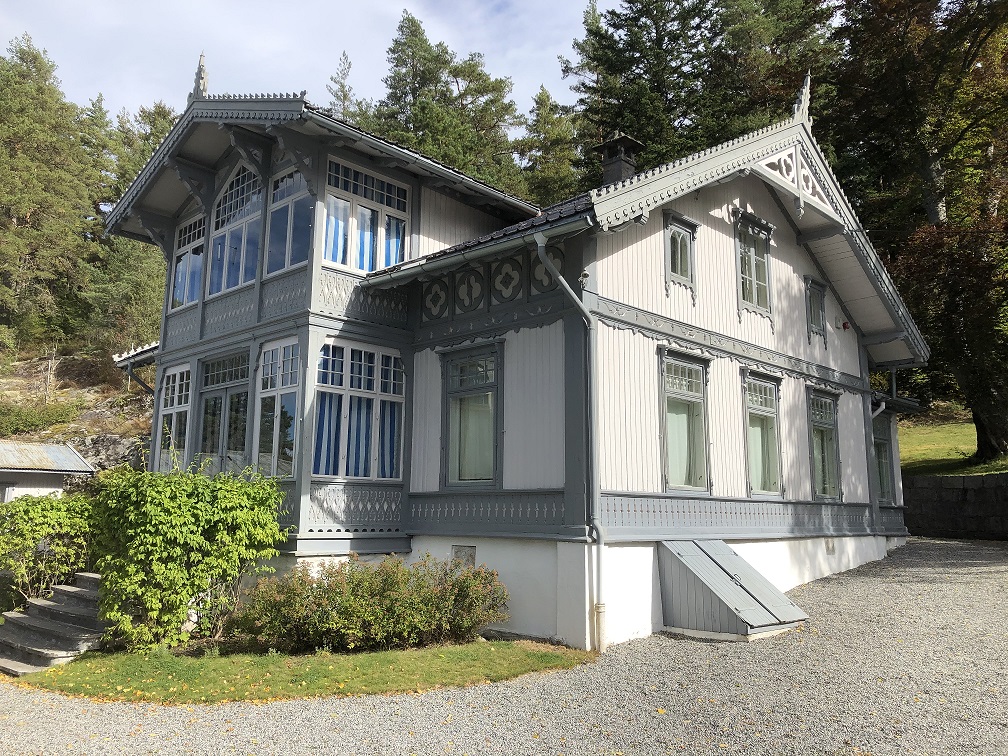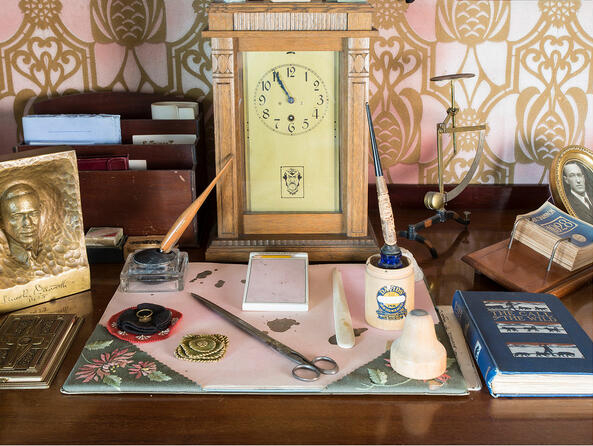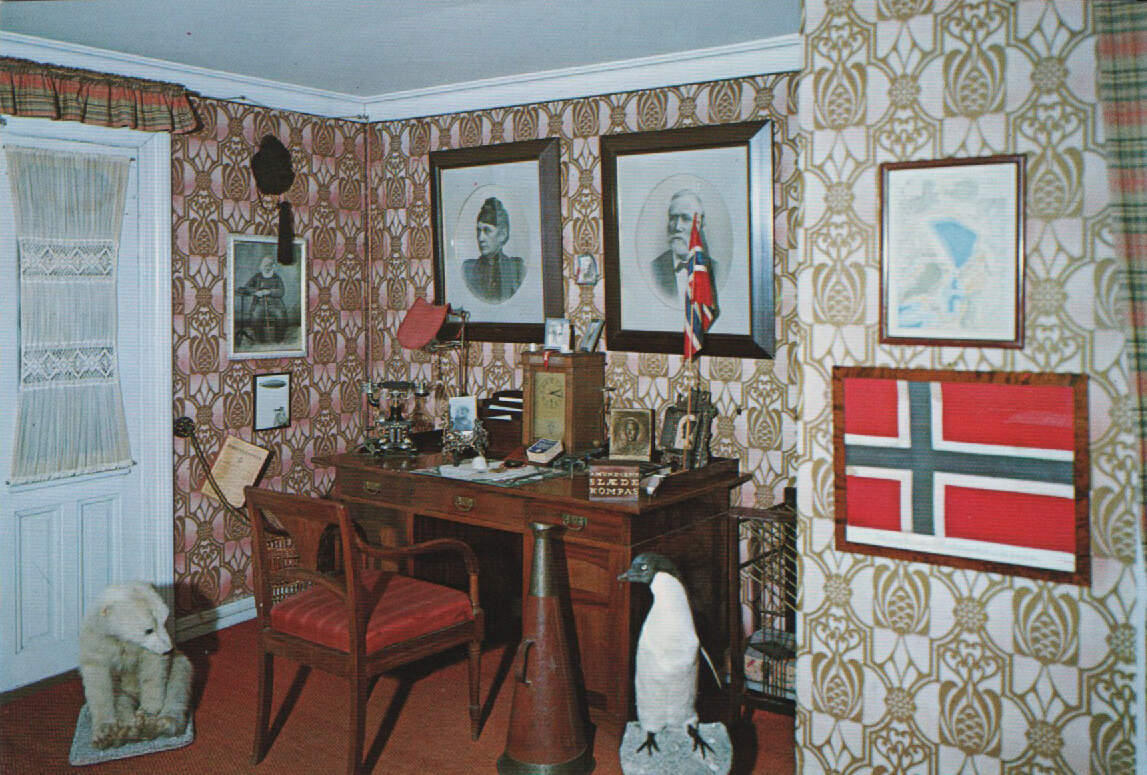Polar Museums
Polar enthusiasts are always keen on learning more about the subject. Listed below are some of the best polar museums around the world that will keep you interested for many hours during a visit.
Roald Amundsen Home "Uranienborg", Oslo, Norway - https://amundsen.mia.no/en/
Roald Amundsen disappeared in 1928. His home still stands as he left it.
Roald Amundsen was one of history’s foremost explorers. His life included successes, defeats, friends and foes. He was a world celebrity, and a master of protecting his private life’s secrets.
In June 1928, he set out to search for an Italian airship reported missing in the ice north of Svalbard. He never returned, but left a home full of stories about the life he had lived and the people around him.
Discovery Point, Dundee, Scotland - https://www.rrsdiscovery.com/
Visitor centre focused on RRS Discovery, the polar research ship built
for Scott’s first Antarctic expedition (1901-04), and used subsequently
during the Discovery Investigations (1925-27) and by BANZARE (1929-31).
Discovery was built in Dundee and returned there in 1986.
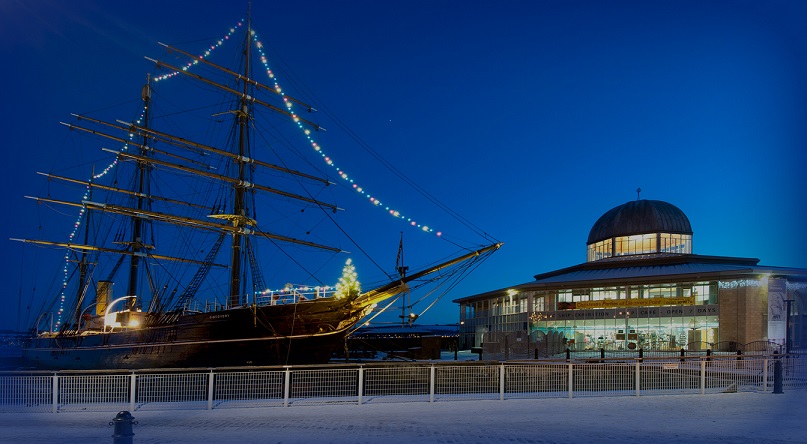
Espace Des Mondes Polaires, Prémanon, France: http://www.espacedesmondespolaires.org/
The museum highlights objects and documents from the expeditions
involving Paul-Emile Victor, a pioneer of modern ecology who documented the
polar wilderness.

Fram Museum Oslo, Norway - http://frammuseum.no/
A polar museum dedicated to the story of Norwegian polar expeditions.
The central exhibit is the Fram, the polar exploration ship built by
Colin Archer in 1892 and used on the expeditions of Fridtjof Nansen
(1893-96), Otto Sverdrup (1898-1902) and Roald Amundsen (1910-12).
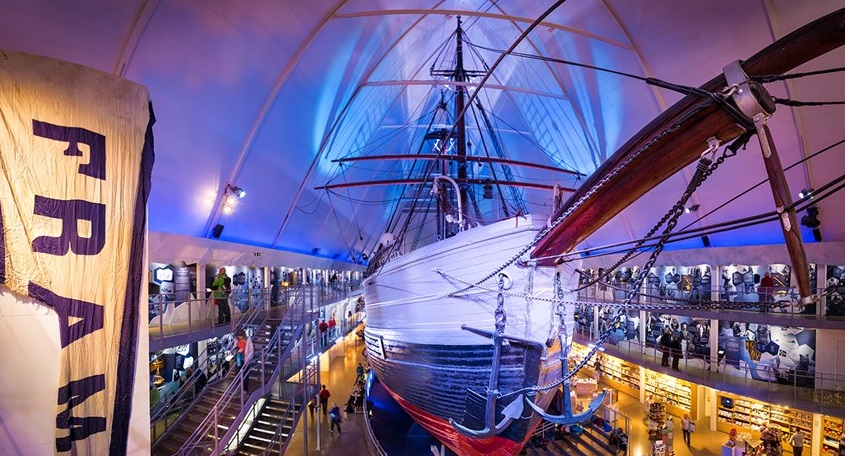
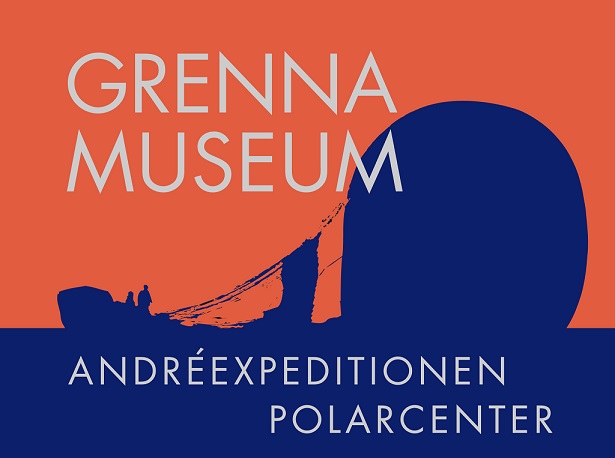
International Antarctic Centre, Christchurch, New Zealand - https://www.iceberg.co.nz/
Journey through modern day Antarctica and experience a taste of this unique and breathtaking continent. Learn about the human impact on the continent, the wildlife and plant systems and Antarctica’s effect on the globe.

Scott Polar Research Institute, Cambridge, England - https://www.spri.cam.ac.uk/museum/access/
The Scott Polar Research Institute holds a unique collection of
artefacts, journals, paintings, photographs, clothing equipment, maps
and other materials illustrating polar exploration, history and science.

St. Petersburg Arctic and Antarctic Museum - http://www.saint-petersburg.com/museums/arctic-antarctic-museum/
The dramatic story of Russian and Soviet polar exploration unfolds
before visitors to this museum. From the first days of polar navigation
in the Russian Far North to the modern-day research stations in
Antarctica, the breathtaking achievements of scientists and travelers
are covered in great detail and illustrated with authentic artifacts.
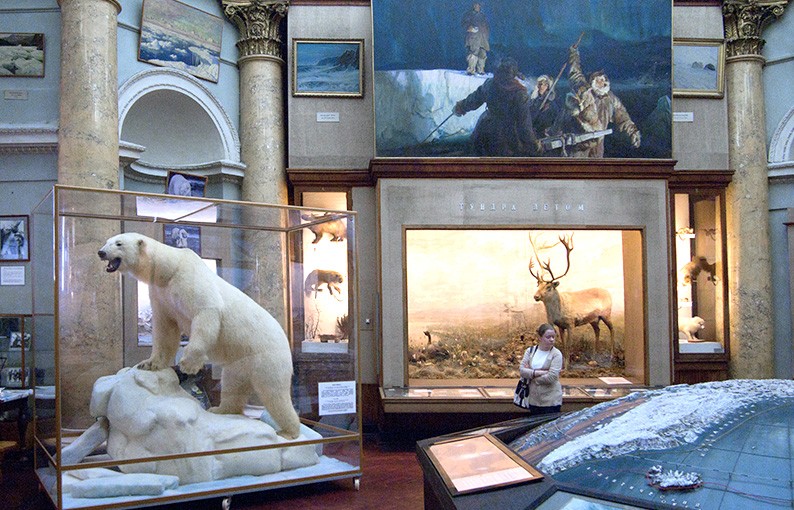
Svalbard Museum, Norway - http://svalbardmuseum.no/en/
The exhibition presents fragments of Svalbard’s 400-year history and describes factors that help support life and the activities taking place here, which together reveal the close relationship between sea and land, nature and cultural history.

The Falkland Islands Postal Museum: http://www.falklands-museum.com/fox-bay-post-office.html
The Museum is primarily, but not
exclusively, showing the history of the Post Office at Fox Bay, and the
displays include a counter with postal artifacts, the old wooden rack of
mail boxes, mail bags, the old Post Office safe, as well as information
about and pictures of old postmarks and covers sent from Fox Bay from
1899 onwards.
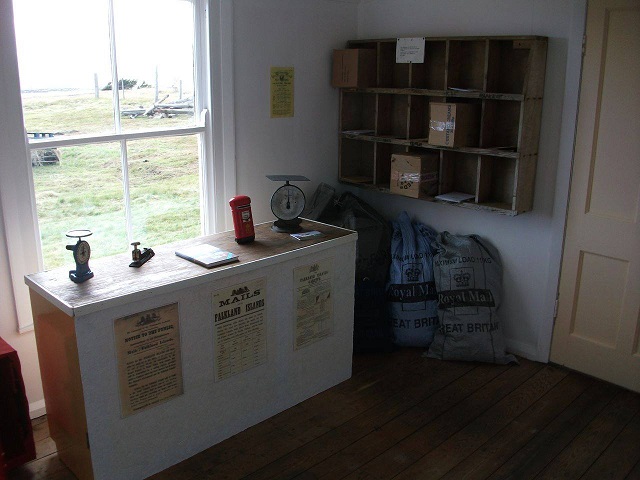
Tromsø Museum, UIT Arctic University, Norway - https://en.uit.no/tmu
The Polar museum was established in 1978 and was incorporated into Tromso University Museum in 2010. Today, the museum’s exhibits focus on winter trapping, seal hunting, polar exhibitions and recent research in the north. A major exhibit, also used on expeditions, is the historic sealing vessel, M/V Polstjerna, one of the only surviving wooden sealers in Norway.
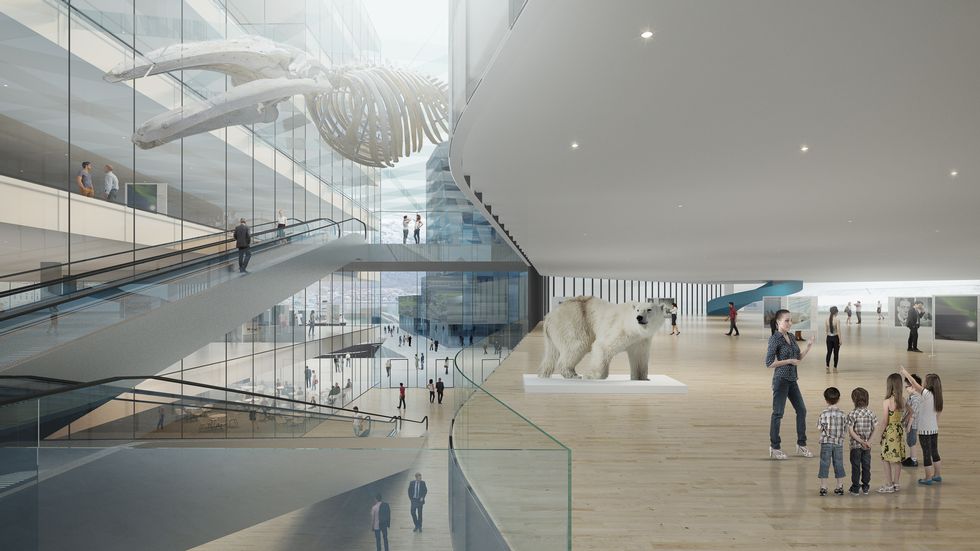
If you know of, or work in, a polar museum that is not listed above, get in touch with the webmaster and we will add to the website!
